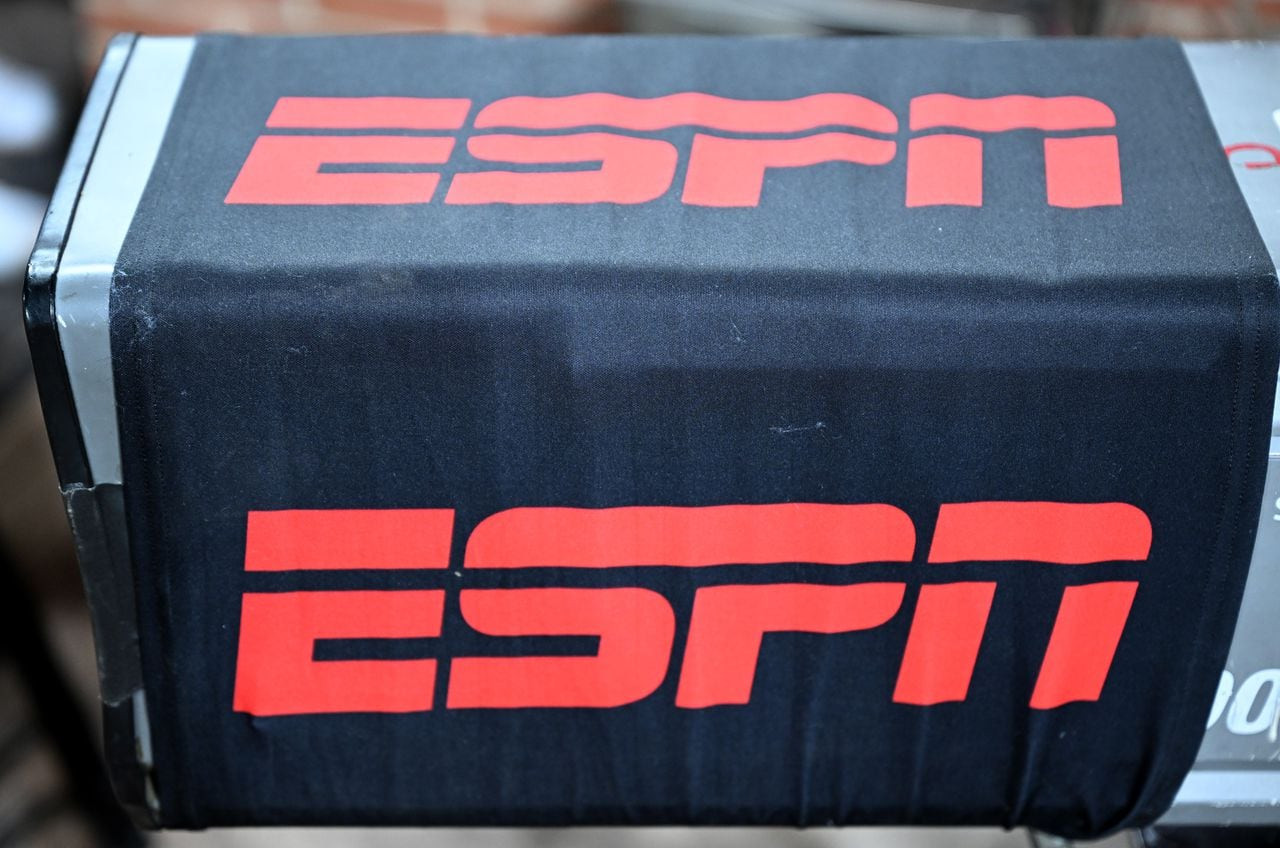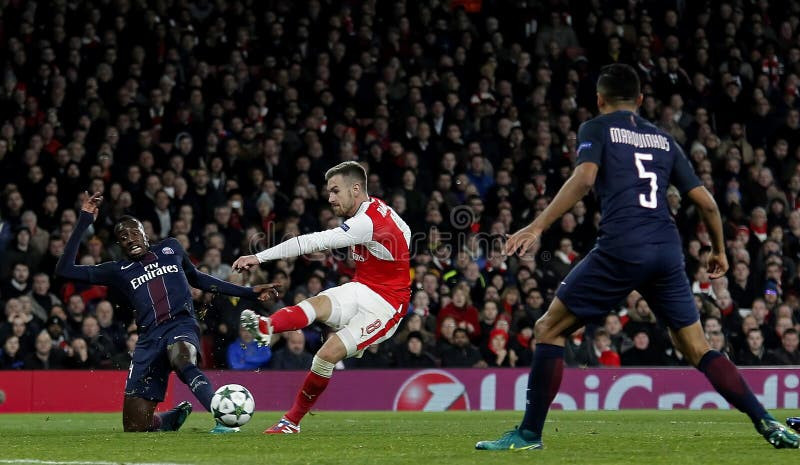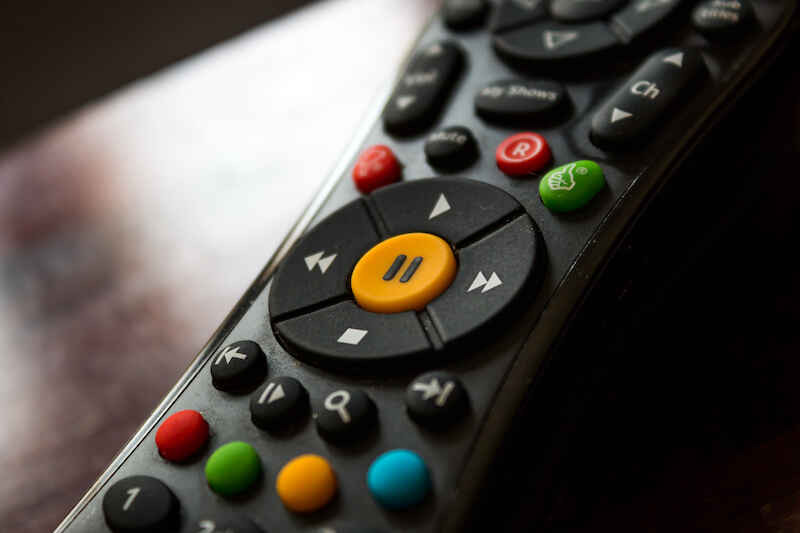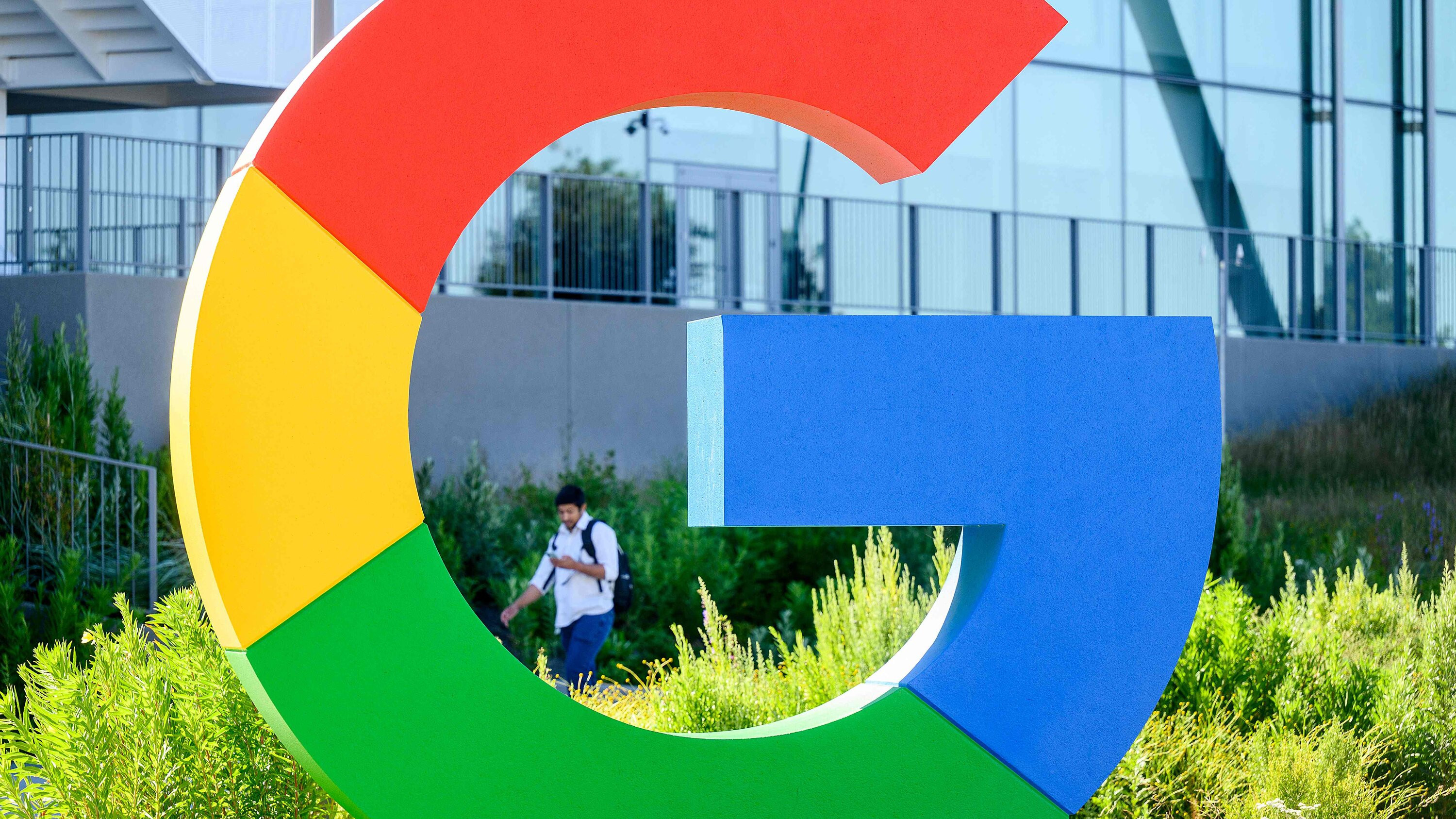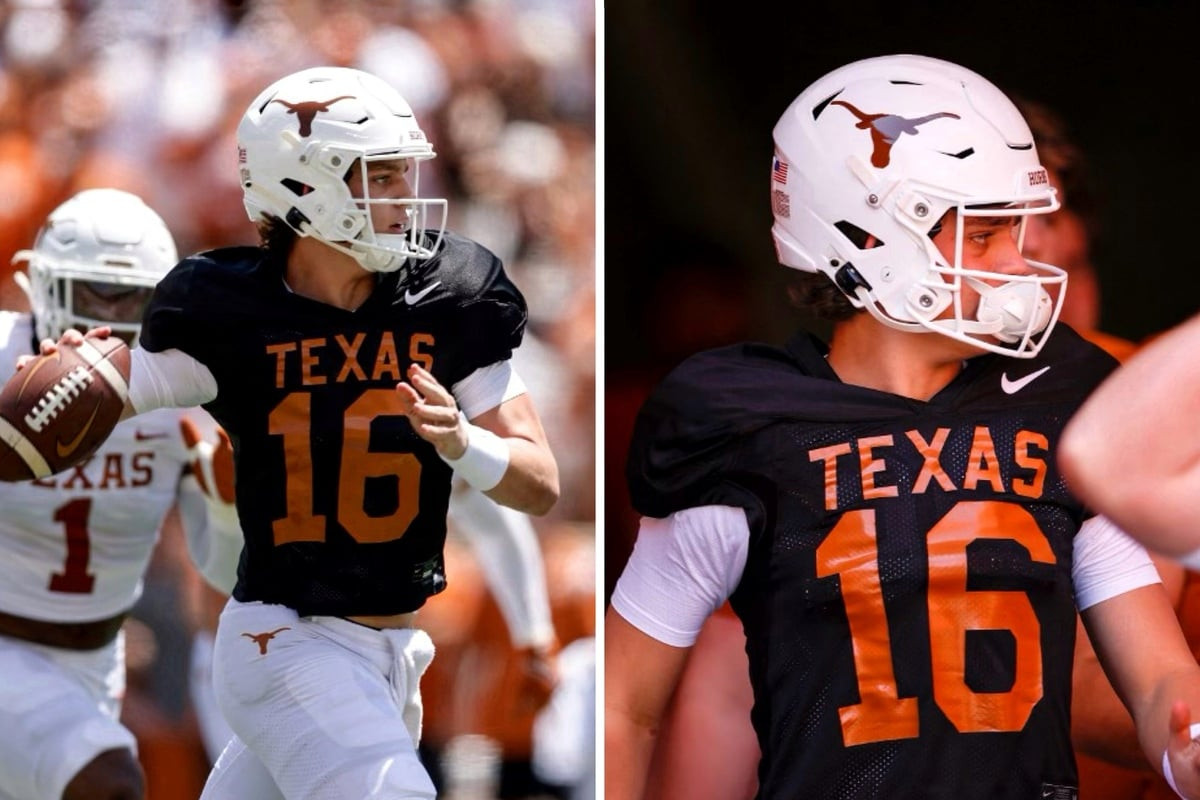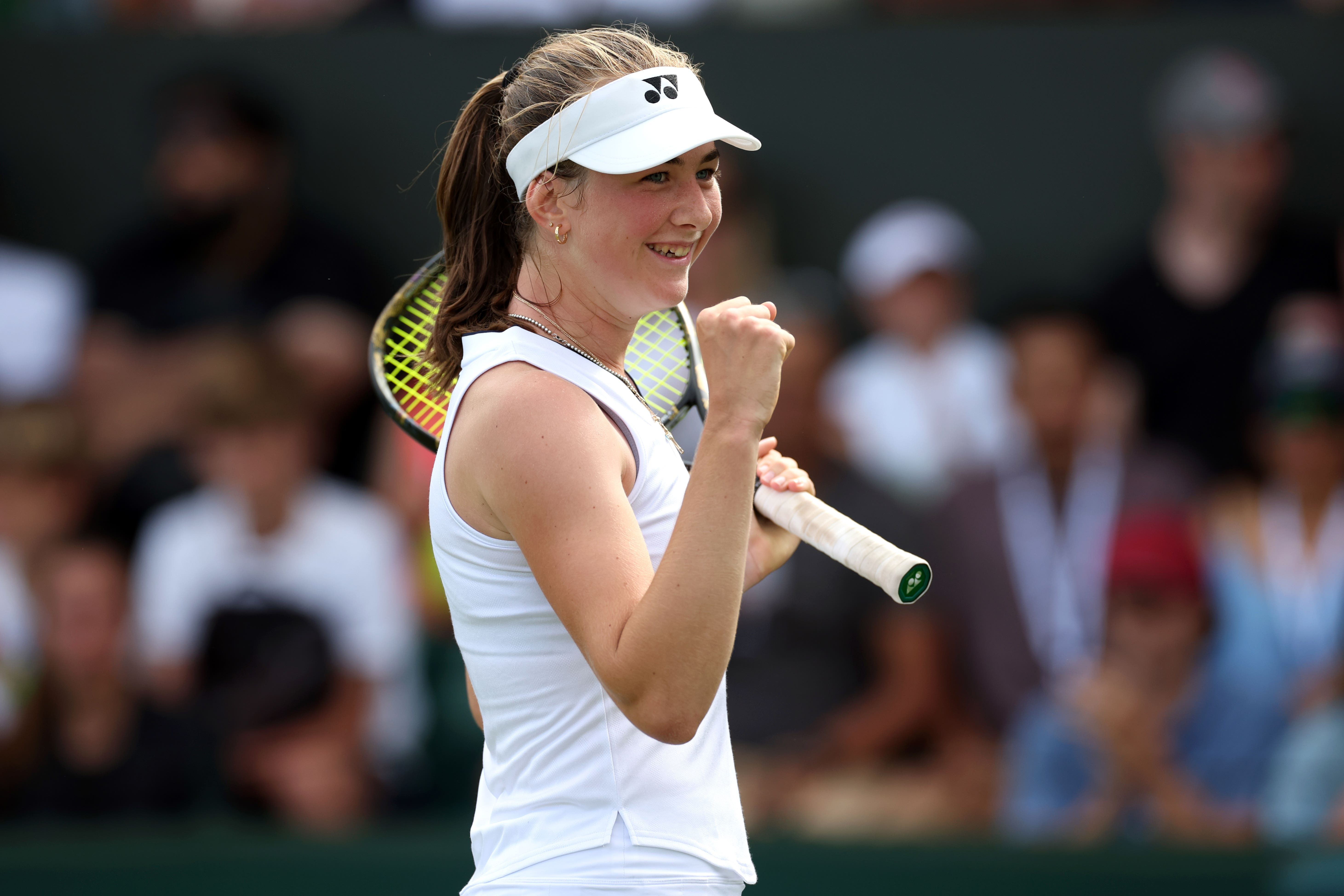On Sunday, all Disney programming channels dropped off the DirecTV satellite TV service due to a licensing agreement dispute, leaving millions of subscribers without access to ESPN, ABC, Hulu, Freeform and FX. This blackout has impacted sports fans particularly hard, as they are missing out on key events like the US Open tennis tournament and the start of the college football season.
The dispute between Disney and DirecTV appears to center around licensing fees and the inclusion of bundled services. Disney, in its statement on Sunday, said it “will not enter into an agreement that undervalues our portfolio of television channels and programs.”
Disney vs. DirecTV: A History of Disputes
This is not the first time Disney and DirecTV have clashed over licensing agreements. In August 2023, a similar dispute between Disney and Spectrum resulted in a blackout of Disney programming for 11 days. Both disputes highlight the increasing tension between media companies and pay TV providers over licensing fees and the evolving landscape of streaming services.
DirectTV’s Frustration with Bundled Services
DirectTV has been vocal in its opposition to Disney’s push for bundled services. In a statement, DirecTV argued that Disney’s demands “foreclose upon any legal accountability for its growing pattern of anti-competitive actions” and will make it more difficult for consumers to select the shows and sports they want at a reasonable price.
The Impact on Consumers
The blackout has left millions of DirecTV subscribers without access to their favorite channels, including popular sports events. Many sports fans have taken to social media to express their frustration with the situation.
What’s Next?
While the exact cause of the dispute remains unclear, it is likely that the situation will be resolved soon. However, the increasing frequency of these blackouts raises concerns about the future of cable TV. As streaming services continue to gain popularity, traditional cable TV providers are facing increasing pressure to offer more flexibility and value to their subscribers.
The Future of Cable TV
The dispute between Disney and DirecTV is just the latest example of the ongoing struggle between media companies and pay TV providers. With the rise of streaming services like Netflix, Hulu, and Disney+, consumers are increasingly cutting the cord, leaving traditional cable TV providers struggling to compete. In order to remain relevant, cable TV providers will need to adapt to the changing landscape, offering more flexibility and value to their subscribers.
A Look at the Numbers
According to Statista, DirecTV had 11.3 million subscribers in Q4 2023. This makes DirecTV the third-largest TV provider in the U.S., behind Comcast and Charter. The loss of Disney programming is a significant blow to DirecTV and could lead to further subscriber losses.
Who Benefits from This Dispute?
While the blackout is a major inconvenience for DirecTV subscribers, it may ultimately benefit streaming services. As consumers become increasingly frustrated with the high cost and limited flexibility of cable TV, they are more likely to turn to streaming services for their entertainment needs. This could lead to further erosion of the cable TV market share and accelerate the shift towards streaming.
The End of an Era?
The dispute between Disney and DirecTV is a sign of the times. The cable TV industry is in a state of flux, with new streaming services emerging all the time. It remains to be seen whether traditional cable TV providers will be able to adapt to the changing landscape and remain relevant in the long term.




